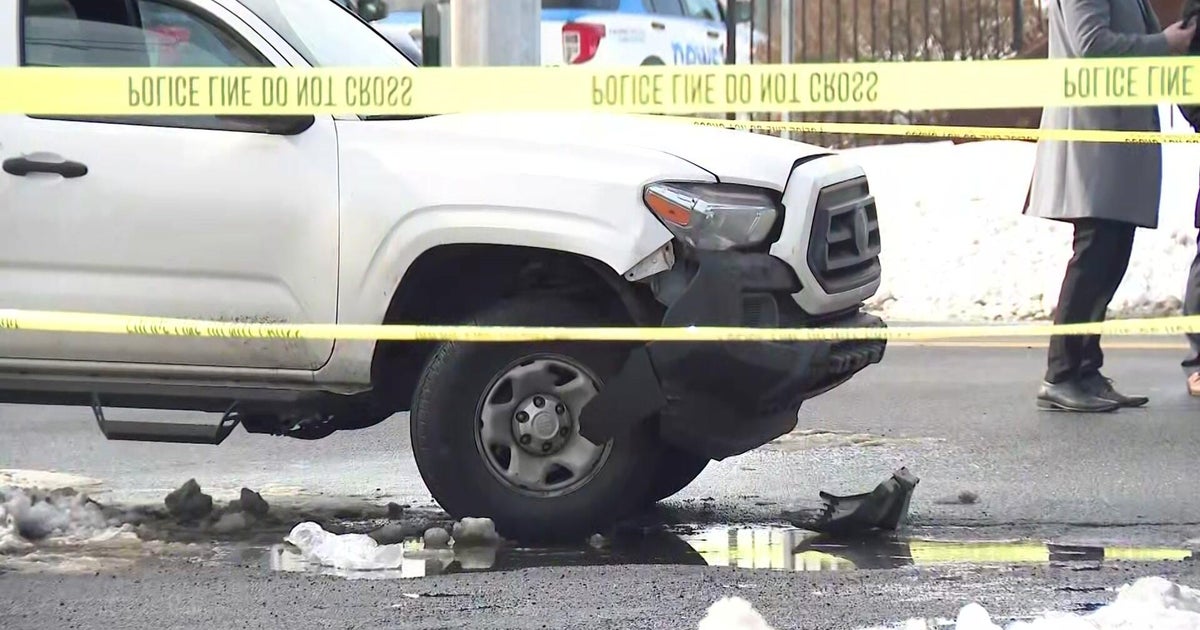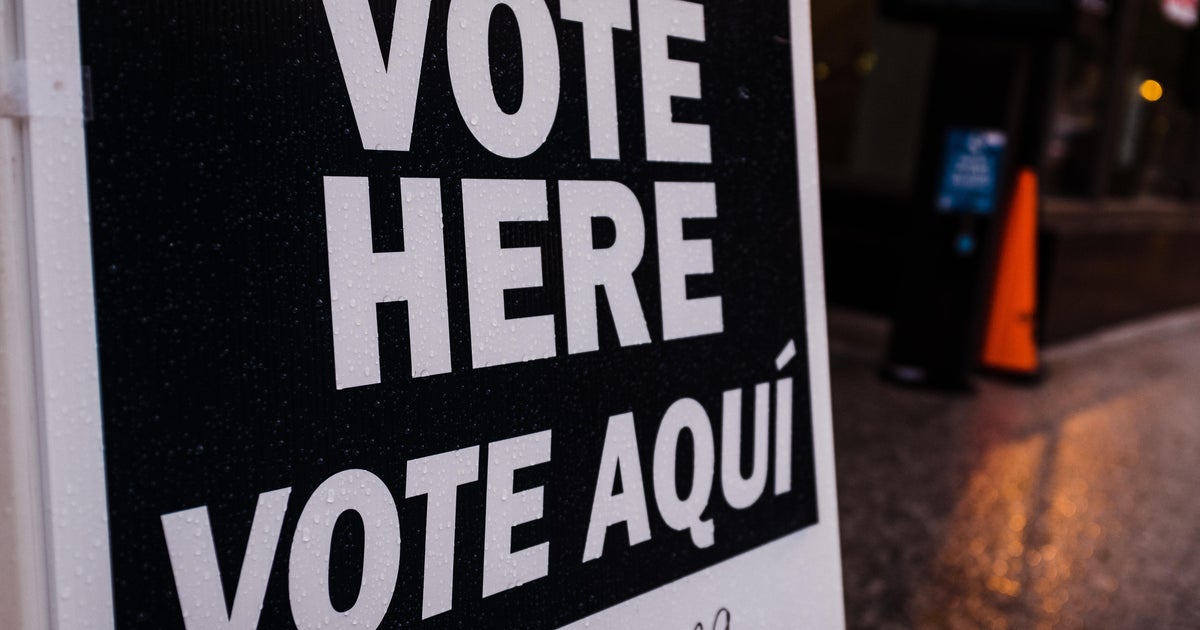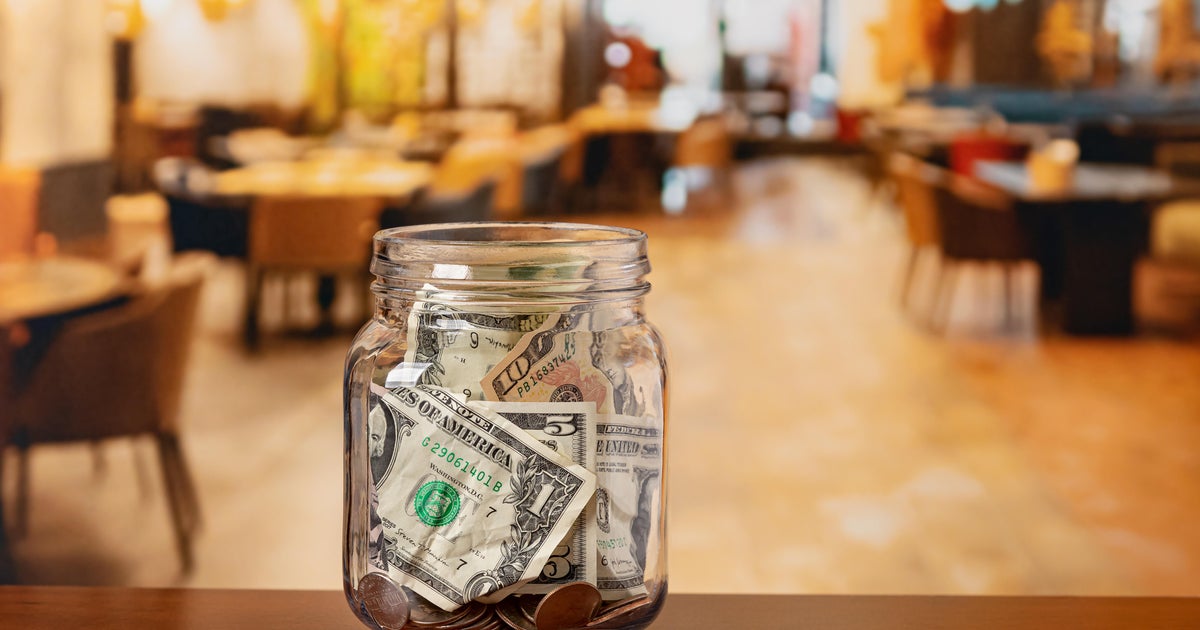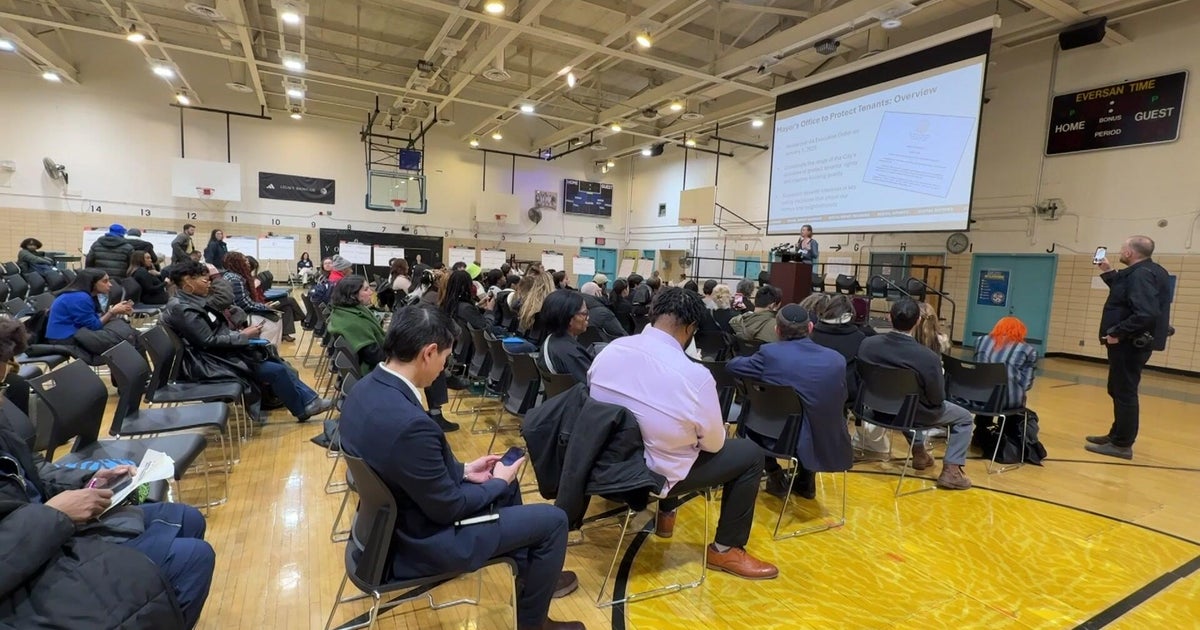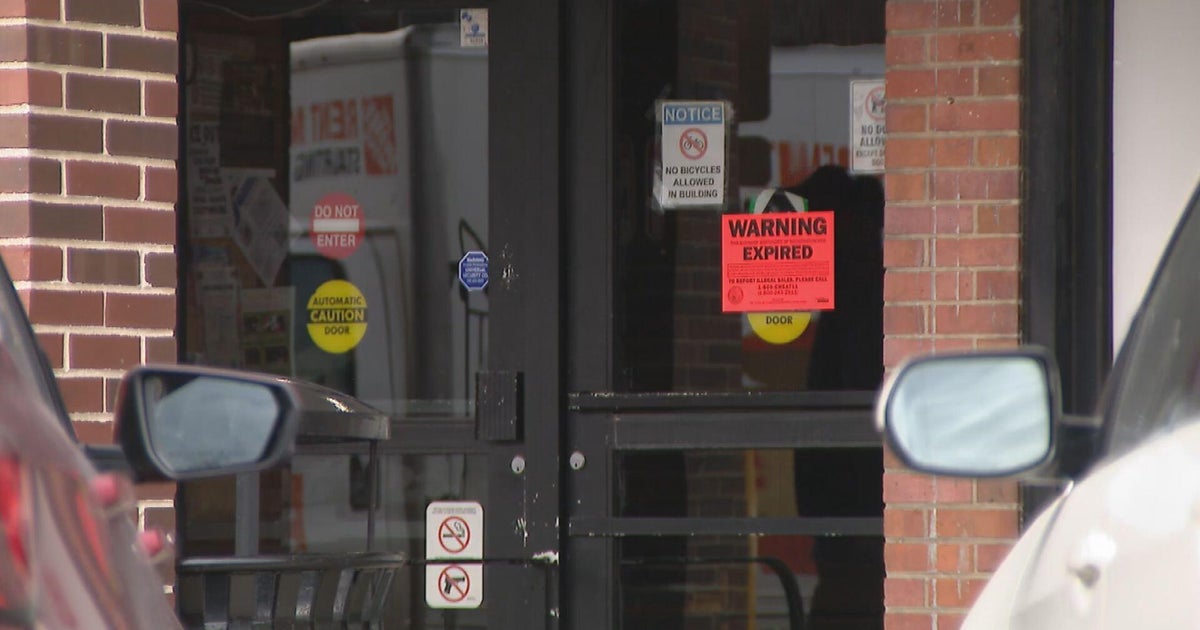Rhode Island Legal Marijuana Proponents Kick Off Campaign
PROVIDENCE, R.I. (AP) — The legalization of recreational marijuana in Massachusetts is causing some Rhode Island lawmakers to try to catch up to their neighbor and possibly race ahead.
Rhode Island's legal pot proponents kicked off their campaign Wednesday to pass state legislation they hope can take effect before marijuana shops open across the border.
Massachusetts voters approved a November ballot initiative to legalize pot for adults, but a new law delays the opening of retail marijuana stores until mid-2018. Nothing will stop Rhode Island residents from buying the drug in Massachusetts once those stores open.
The same Rhode Island lawmakers who sponsored pot legalization bills in previous legislative sessions, Providence Rep. Scott Slater and Cranston Sen. Josh Miller, both Democrats, are drafting new bills and plan to introduce them soon.
The bills are significantly different from previous efforts, in part because they reflect concerns raised as the state's legalization debate grew more serious last year, said Jared Moffat, director of legalization advocacy group Regulate Rhode Island.
"We got a lot of feedback from the governor's office and other lawmakers," Moffat said.
Democratic Gov. Gina Raimondo has expressed willingness to sign a legalization measure if it's approved by the Democratic-controlled General Assembly but she and top legislative leaders have said they'd rather get the regulations right than race to get ahead of Massachusetts. Among Raimondo's concerns are that children could get access to marijuana edibles.
The state recently implemented reforms to its decade-old medical marijuana industry that are also meant to be a framework for regulating recreational marijuana growers and sellers.
Moffat said the Rhode Island legislation proposes stricter rules on edibles than what Massachusetts voters approved, as well as stricter limits on how much marijuana a person can grow. The Rhode Island lawmakers are also proposing higher taxes on marijuana sales, in line with Western states that have legalized marijuana. A 23 percent excise tax on marijuana sales would be levied on top of the state's 7 percent sales tax.
That's far higher than the Massachusetts proposal, which called for a 3.75 percent surcharge on retail sales of marijuana, on top of the state's regular 6.25 percent sales tax. Local jurisdictions could also add up a 2 percent tax, creating a combined maximum tax of 12 percent on pot products.

